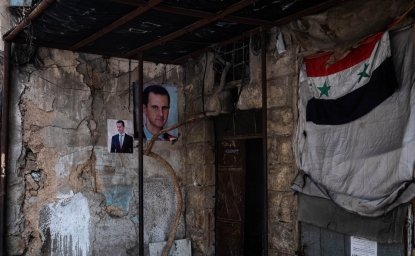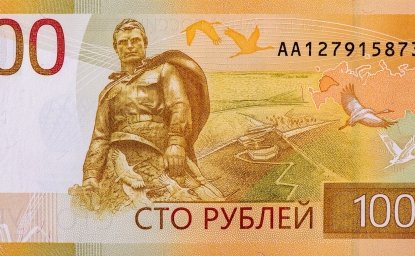#78 The Nicaraguan Revolution

By Richard R. Fagen
This paper is an attempt to understand the first 15 months of revolutionary rule in Nicaragua. Beginning with a brief history of more than 53 years of Sandinist struggle against the U.S. occupation and the Somoza dynasty, it then assesses the immediate legacies of the way in which Somoza was finally overthrown. The bulk of the paper explores six key interrelated aspects of the contemporary Nicaraguan political and economic situation:
- The manner in which Nicaragua is ruled.
- The ideology of the Sandinist National Liberation Front and the ideological clash with other groups and parties who oppose, to some degree, the Sandinists.
- The economic problems and policies in post-Somoza Nicaragua.
- Class relations and class struggle.
- Exterior influences on the revolution and the relationship with the United States.
- Cultural and social transformations and problems under the revolution.
A concluding section raises the issue of socialism, recognizing that contemporary Nicaragua is not socialist but that there is a strong commitment by the leadership to a socialist transformation of the economy at some future date. Four short appendices present translations of key political statements by the Sandinists, two political parties critical of Sandinist policies, and the Catholic Church.

Latin America Program
The Wilson Center’s prestigious Latin America Program provides non-partisan expertise to a broad community of decision makers in the United States and Latin America on critical policy issues facing the Hemisphere. The Program provides insightful and actionable research for policymakers, private sector leaders, journalists, and public intellectuals in the United States and Latin America. To bridge the gap between scholarship and policy action, it fosters new inquiry, sponsors high-level public and private meetings among multiple stakeholders, and explores policy options to improve outcomes for citizens throughout the Americas. Drawing on the Wilson Center’s strength as the nation’s key non-partisan policy forum, the Program serves as a trusted source of analysis and a vital point of contact between the worlds of scholarship and action. Read more

Explore More
Browse Insights & Analysis
Latin American Program Working Paper Series (51-100)

Assad's Reign Ends: Rebel Forces Overthrow Decades-Long Rule in Syria

